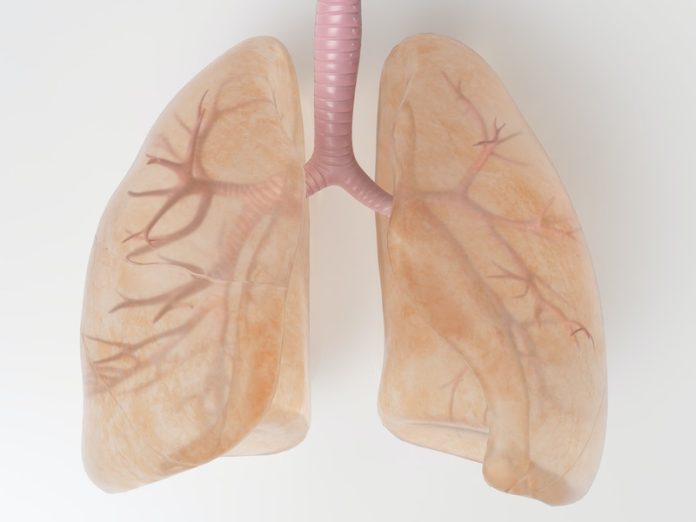
Long COVID: A Lingering Threat
The pandemic has been hard to deal with. While the world has been fighting to stop the virus, making vaccines, and dealing with people who don’t believe in science, the virus continues to hurt people.
Some people who get sick don’t get better even after the virus is gone. This is known as long COVID. It can cause damage to the brain, heart, and especially the lungs. Some people have had to get new lungs because of this damage.
Searching for a Solution: The Role of Genetics
Researchers at Stanford University, along with a colleague from Taiwan, started to look for ways to help these people.
They thought that maybe the lung damage was due to certain genes that made the body overreact to the virus. To find out, they compared people who had lung damage with people who didn’t.
Testing and Discovery: Blocking the Overreaction
The researchers found that the damage was indeed caused by an overreaction of the immune system. When the body’s immune system overreacts to the virus, it causes inflammation and damages the lungs.
To see if they could stop this overreaction, they did an experiment with mice. They put human lung tissue into the mice and then exposed them to a modified version of the virus.
This caused the same kind of lung damage seen in people with long COVID.
Next, they gave the mice a treatment designed to block the overreacting genes. Amazingly, four weeks later, the mice’s lungs had improved. The treatment had lessened the lung damage and the lungs had returned to normal.
Moving Forward: More Tests Needed
While these results are promising, the scientists say they still have more work to do. They need to do more tests to be sure this treatment is safe and effective.
But they are hopeful that this could be a new way to prevent and treat lung damage in people with long COVID.
Conclusion: A Ray of Hope
This is good news for those suffering from long COVID. There is now hope that their lung damage can be treated, and perhaps even prevented.
This is just one of the ways scientists are tirelessly working to fight against the lingering effects of the pandemic, providing a beacon of hope in these challenging times.
If you care about COVID, please read studies about new evidence on rare blood clots after COVID-19 vaccination, and how diets could help manage post-COVID syndrome.
For more information about COVID, please see recent studies that low-sodium plant-based diets may prevent COVID-19 better, and results showing zinc could help reduce COVID-19 infection risk.
The study was published in PNAS.
Follow us on Twitter for more articles about this topic.
Copyright © 2023 Knowridge Science Report. All rights reserved.



